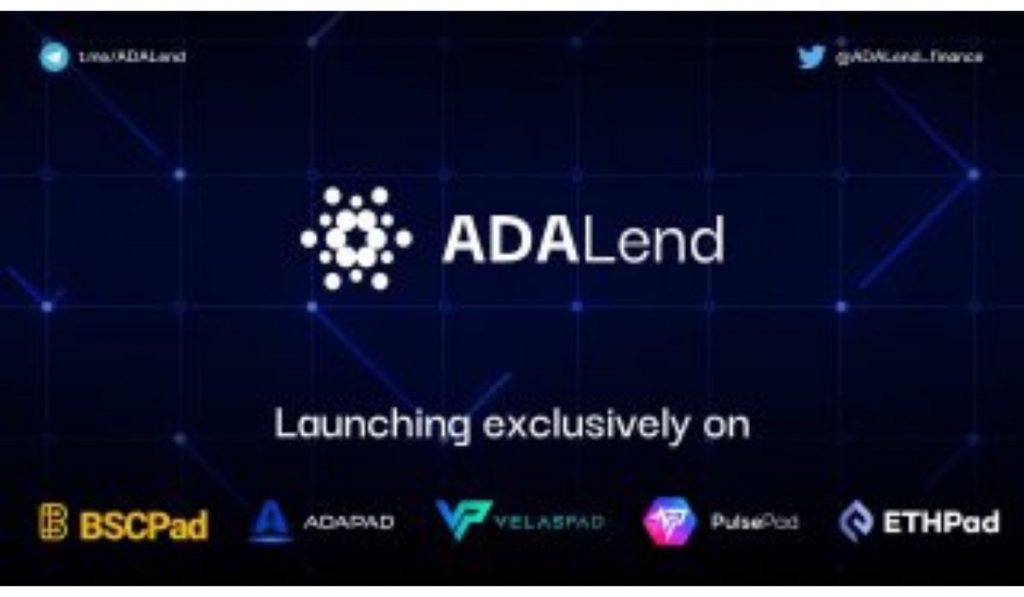The DeFi ecosystem is experiencing phenomenal growth as more retail and institutional investors come to it. This is evident by the growing global crypto market cap which has hit $2 trillion. The total value locked (TVL) has also increased by 357% to date to reach $255.39 billion for all blockchains.
Out of the TVL for DeFi, $35 billion is locked in DeFi lending protocols alone, signifying the dynamic nature of crypto lending. Although Ethereum holds 54% of the TVL as of January 2022, it is faced with several challenges such as slow transactions, exorbitant gas prices, and a lack of scalability.
The Ethereum blockchain can only process 10-15 transactions per second currently, leading to a congestion of the network. This in turn leads to high gas prices which rose as high as over $50 per transaction in January 2022.
These challenges have forced developers to move to other blockchains with lower transaction time, lower fees, and better scalability. This has resulted in Ethereum’s DeFi market share dropping from its peak of 97% in January 2022 and continues to drop.
AdaLend intends to solve the problems that Ethereum users face by creating a user-friendly Layer-1 lending platform that is fully decentralized, scalable, and with the instant loan approval. AdaLend also provides automated collateral, trustless custody, and augmented lending liquidity to usher in the next generation of seamless, fast, and secure crypto lending.
 
 
The protocol has these features which make it a formidable competitor in the DeFi space.
Unique Architecture: AdaLend has a unique design that improves the efficiency of capital flows by managing several lending pools via the native $ADAL token. Each pool comprises a liquidation model, utilization ratio, and borrowing/lending interest rate. Also, tokenization for deposited assets enables the automatic transfer of lending position ownership between users.
Incentivized Liquidity: DeFi lending cannot survive without adequate liquidity. To have liquidity, liquidity providers must be incentivized to keep providing liquidity. AdaLend encourages them by providing strong incentives and APY to deposit assets and boost lending liquidity.
Flexible lending options: lending on AdaLend can be done with any token pairing, making it flexible. The governance protocol also ensures that only the best offers are available and the safest oracles are used to determine pricing and rates.
Decentralized & Democratic Governance: The AdaLend DAO has a democratic governance structure that creates open access and fully transparent financial ecosystem set to scale globally. All $ADAL token holders can participate actively in the governance of AdaLend by voting on proposals and determining the future evolution of the platform.
Idle Asset Optimisation: AdaLend protocol minimizes the utilization ratio for non-stable coins and maximizes token circulation. This achieves two things; high liquidity levels for protocol users, and attractive lending rates for borrowers. Idle assets on the platform are also moved to stable swap platforms. This allows users to use their tokens in cold storage to support the protocol and earn additional rewards in the process.
Driven by Cardano’s capabilities
Cardano is the fuel behind the lofty development goals of AdaLend. The blockchain is versatile, scalable, and cost-effective, which makes it suitable for building a next-gen lending protocol like AdaLend. The Proof of Stake blockchain has the following features which make it a great competitor among top blockchains:
Energy efficiency: a major debate on the drawbacks of cryptocurrencies is that they are not energy efficient. Cardano is an environment-friendly blockchain as it is 47,000x more efficient than the top cryptocurrency, Bitcoin.
Scalable: Cardano currently processes 250 transactions per second and is estimated to reach 1 million TPS in the future. This gives it a competitive advantage over Ethereum.
Low fees: with a transaction fee average of about $0.35 per transaction, Cardano’s fees are over 100x lower than that of Ethereum.
Growing user base: the total value locked on cardano hit an all-time high of $133.39 on March 2 022. The number of wallets holding Cardano’s native currency ADA also recently surpassed the 3 million, showing there is growing interest in the platform.
As DeFi users continue to look for cheaper, faster, and more scalable alternatives to Ethereum, ethereum based platforms like Aave are likely to lose dominance and give way to protocols like AdaLend which offer better solutions.
After raising $540,000 from selling 1.8 million ADAl tokens in a private sale in September 2021, the platform is conducting a public sale on March 14. This will take place simultaneously on five of the most popular launchpads among investors, namely BSCPad, VelasPad, PulsePad, ADAPad, and ETHPad.
Investors will be able to buy $ADAL pre-sale at a discounted price. The token will then be listed and traded on the top exchanges connected to the launchpads.


